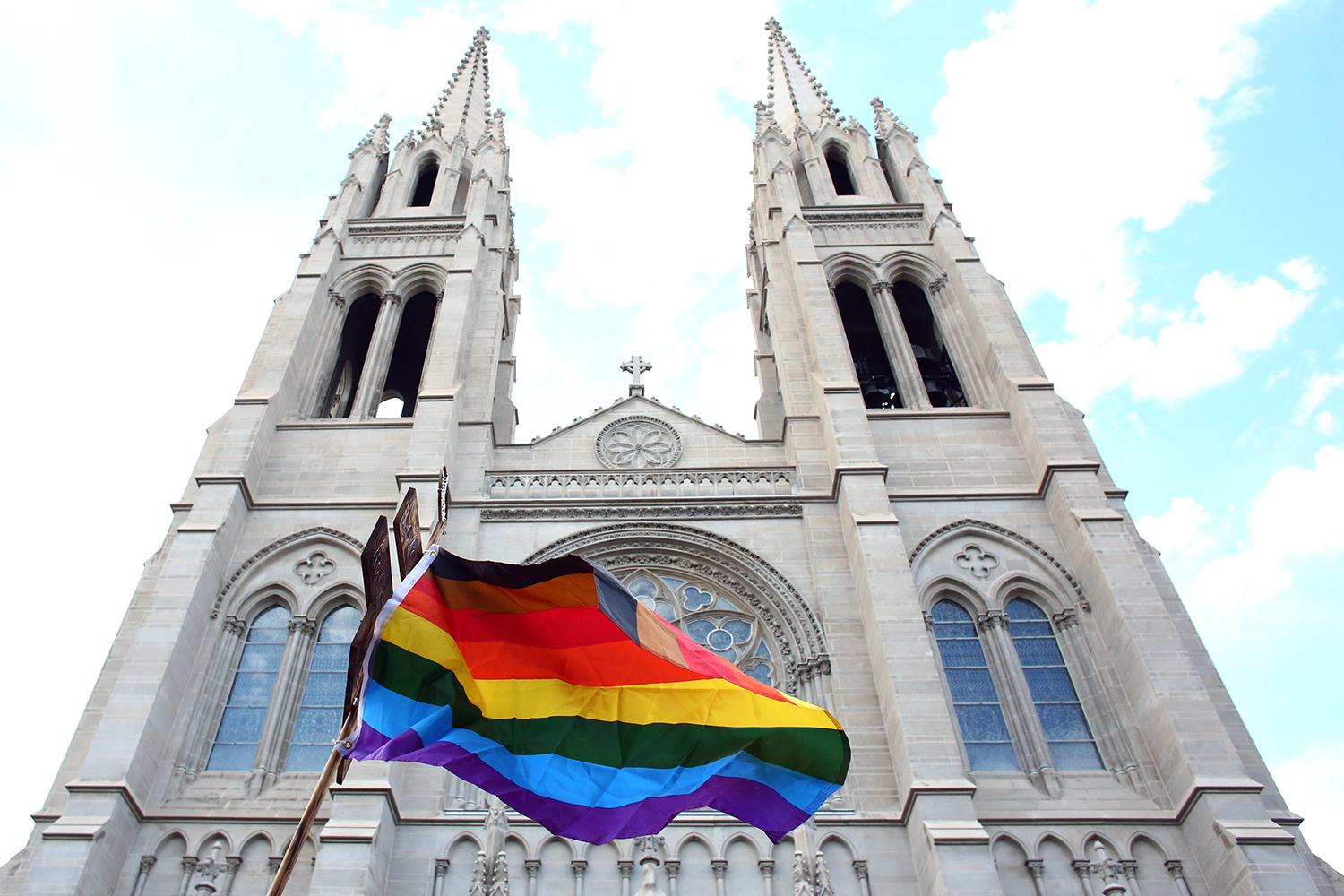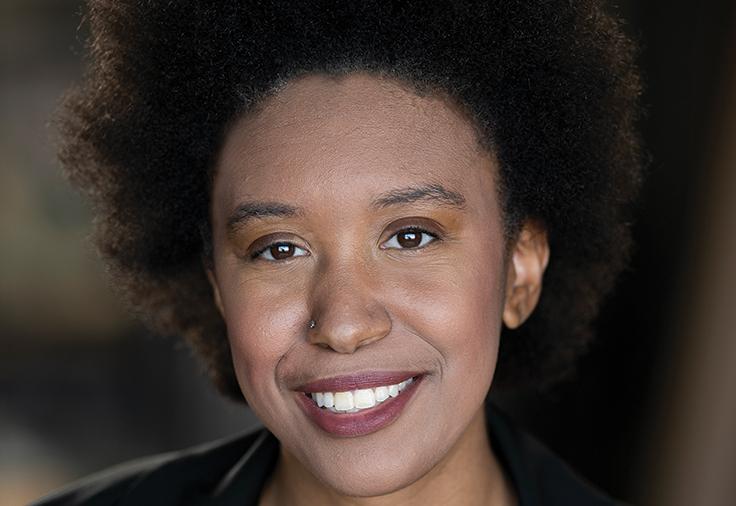
The U.S. Supreme Court ruled Monday that the 1964 Civil Rights Act protects LGBTQ employees from workplace discrimination.
In Colorado, the federal decision does not change much. The state already has the Colorado Anti-Discrimination Act (CADA) that was amended to include more protections for LGBTQ people in 2008.
“If anything, the case reaffirms the rights given to Colordans under CADA,” said Ryann Peyton, a lawyer and board member for The Center on Colfax. “The benefit is that it extends those rights to a federal level as well.”
Colorado is one of 21 states that already have workplace protections under state law. Regardless, Peyton still considers this to be an important case.
“It opens up the door for additional challenges to discrimination based on sexual orientation and gender identity in other areas of federal law which is housing, education, and healthcare,” they said.
Daniel Ramos, the executive director of One Colorado, sees the ruling as a reminder that more work still needs to be done. Just days before the Supreme Court ruling, the Trump Administration rolled back health care nondiscrimination protections for gay and transgender people.
“There are proposed rules that would roll back protections for LGBTQ folks in areas of housing, in areas of fostering and adoption, and the trans military ban,” Ramos said. “There’s so many other areas that still remain under attack.”
Both Ramos and Peyton said one of the next hurdles is to get The Equality Act passed on the federal level. It would amend Title VII to make it clear that the title applies to sexual orientation and gender identity as protected classes.
Title VII is what Monday’s ruling for employment protections was based on. But The Equality Act would take it a step further by making sure LGBTQ people are a protected class in other areas, such as education, health care, credit and housing.
“I suspect that what we’ll see if The Equality Act does not pass is more challenges to the application of Title VII in other areas,” Peyton said.
Although Ramos appreciates the ruling, he argued that workplaces have a responsibility to also address intersectionality issues.
“[There are] issues we need to address around systemic racism and how that plays out especially in the workplace,” Ramos said. “That too is something we need to address to make sure that all LGBTQ folks including folks of color and black folks truly experience full equality.”
Nile Russell, a black gay man in Denver, said he’s happy that the ruling finally gave him some good news this year, but agrees that more work needs to be done.
“Most jobs in my life, I don’t think I’ve ever been able to express my whole self,” Russell said. “It’s one thing with my queerness and it’s another with my blackness. I’m always code-switching as a black queer male.”
He’s worked for a LGBTQ advocacy group before and said he always felt like he could only embrace his queer identity in that space. When he worked for a dance studio, he felt like he could not criticize anything out of fear he would be looked at as "the angry black man."
He’s now an independent choreographer and works for himself.
“I am now able to begin this journey of being my whole self,” he said.
Both Colorado Gov. Jared Polis and Attorney General Phil Weiser released statements praising the federal court decision.









